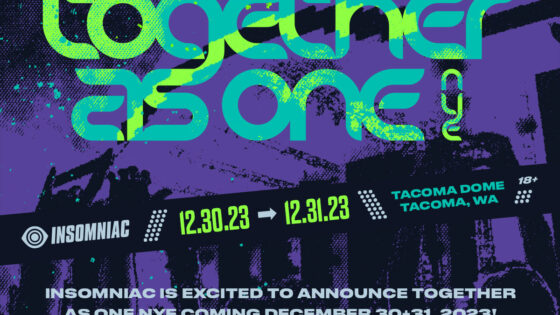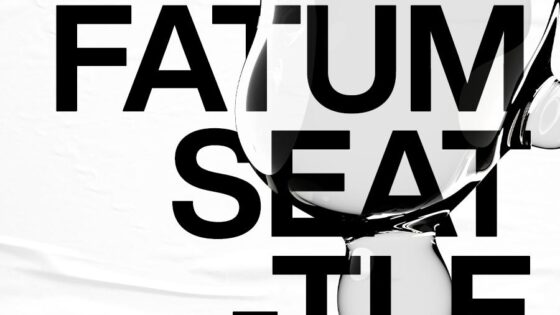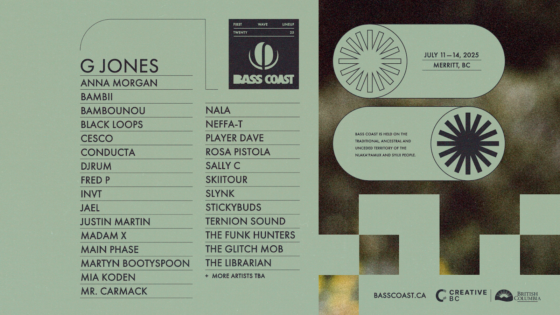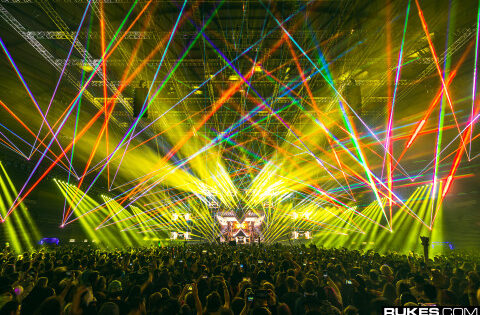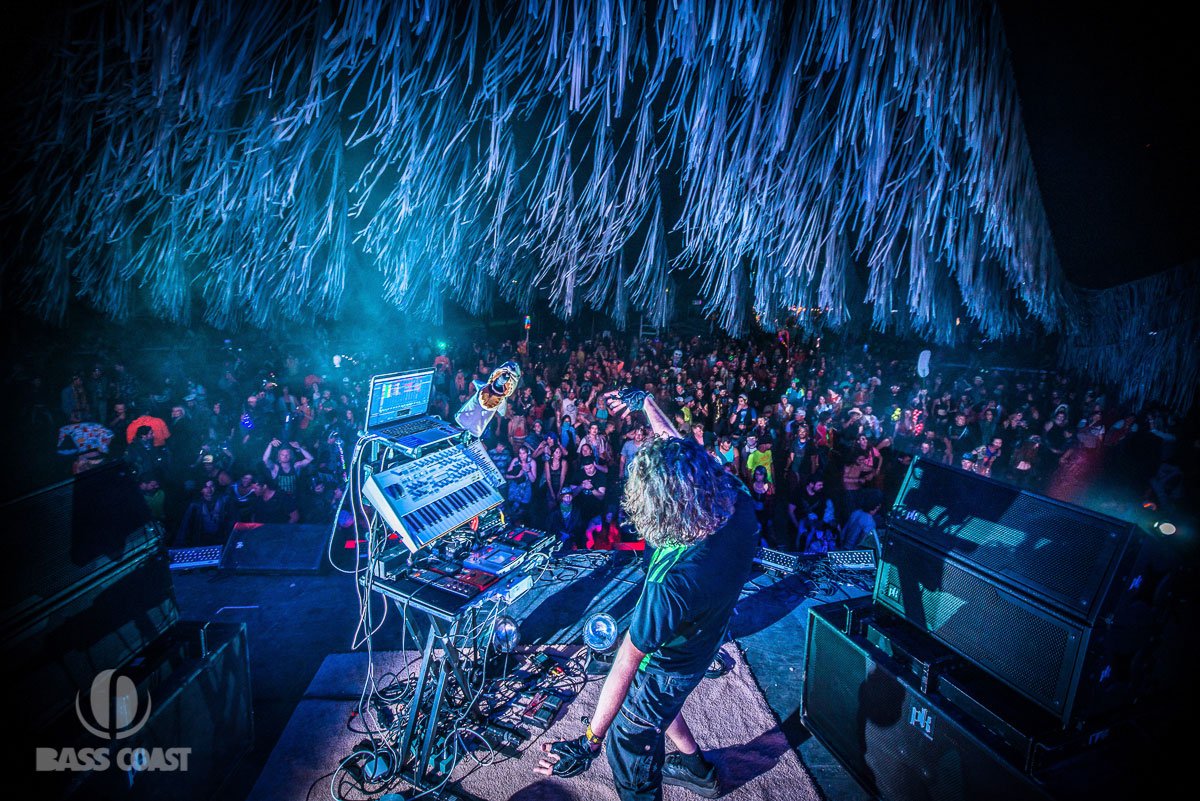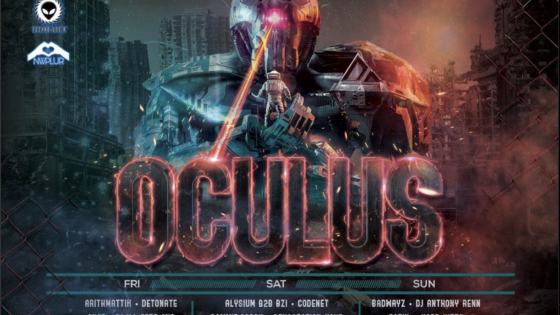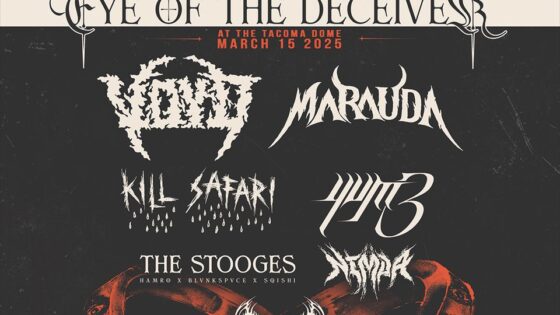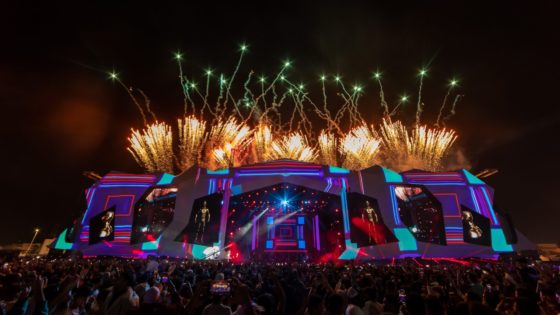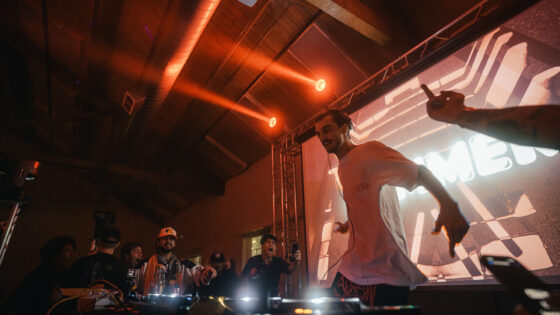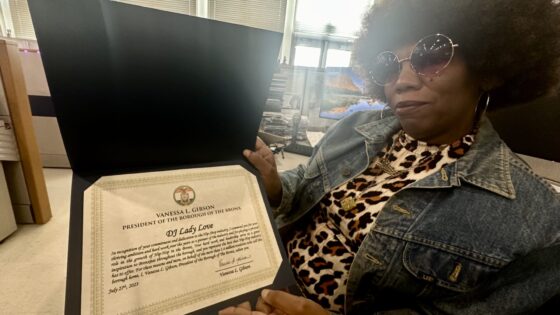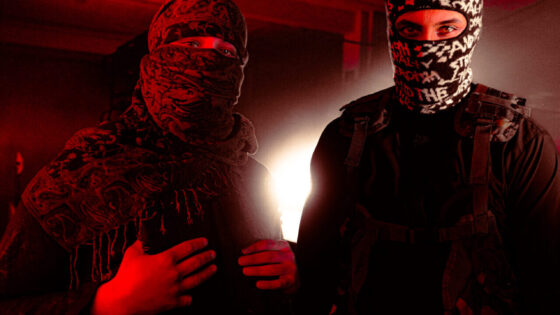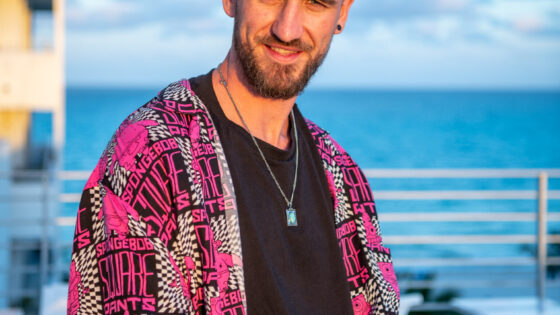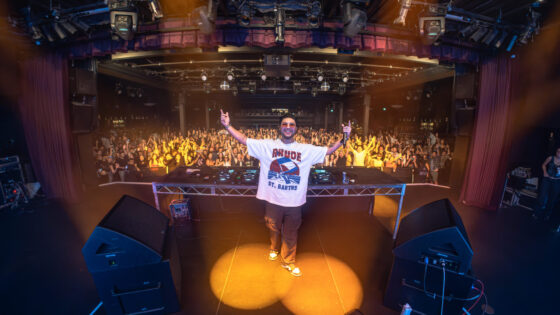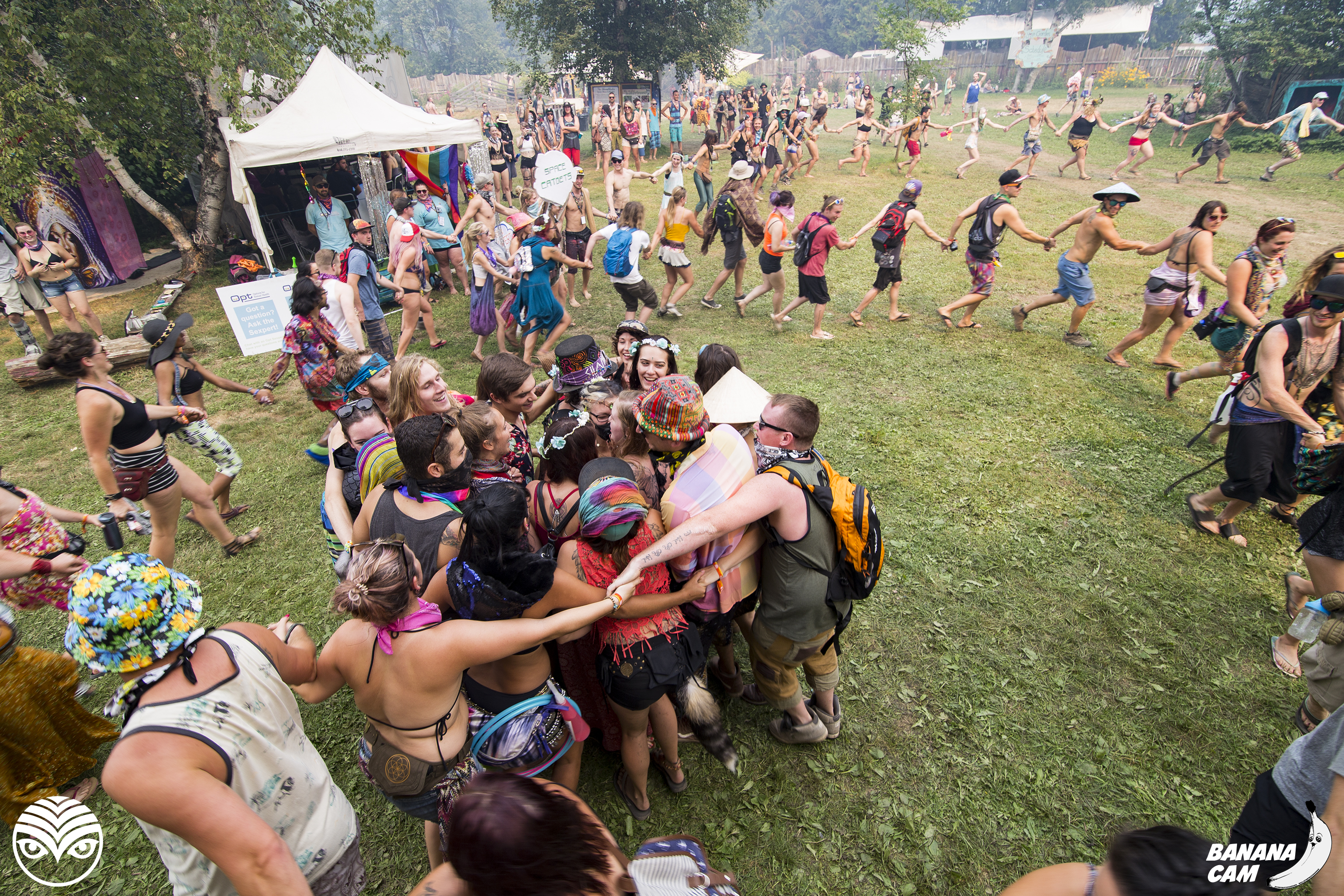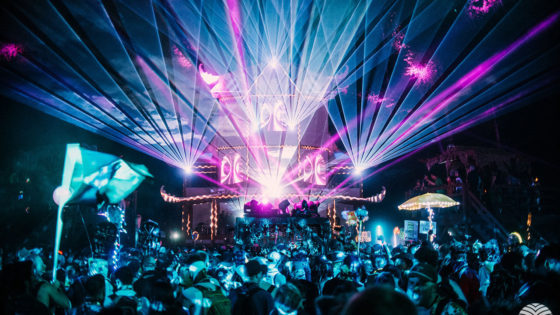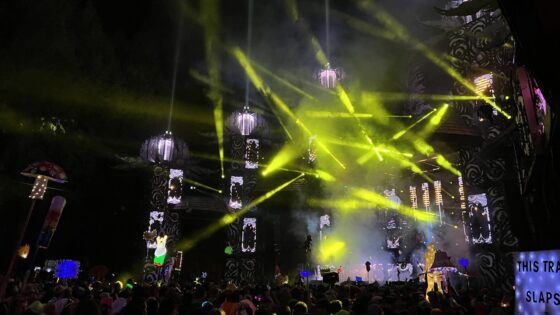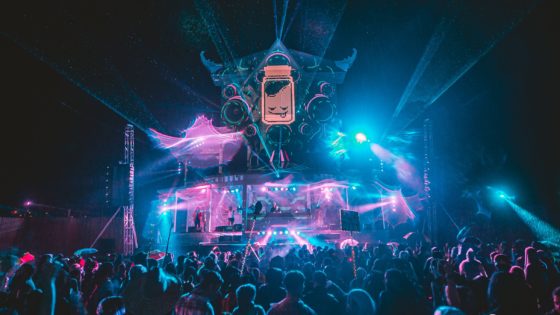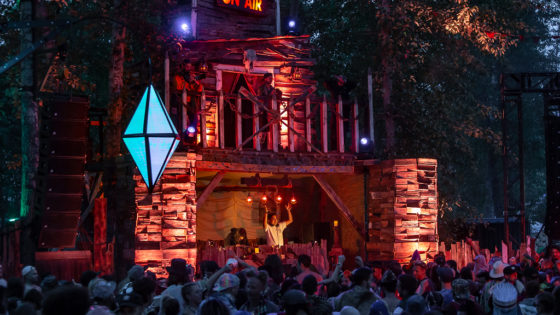In Defense of Shambhala
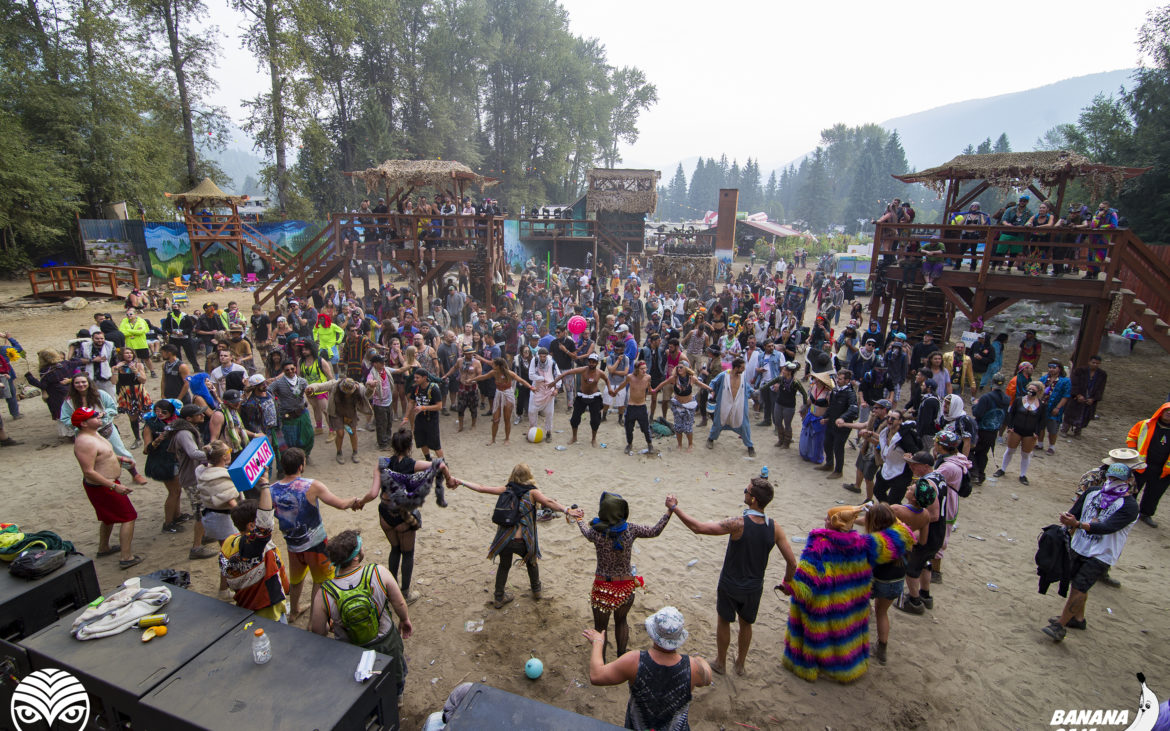
The vibes were better than ever in 2017 | Photo Credit: Banana Cam Photo
Before we go on, we’ll say this: We understand, and even sympathize with your frustration. The whole experience of not knowing whether Shambhala was canceled was an emotional rollercoaster to say the least. That being so, we want to run through some of the more common complaints, and do our best to explain the circumstances as we saw them.
WHY NOT JUST CANCEL THE FESTIVAL ENTIRELY IF PEOPLE WERE IN DANGER?
If people were actually in physical danger, you can bet that Shambhala would have been evacuated on Day 1. Outside of the insane liability issues that go hand-in-hand with your festival attendees actively being harmed by a wildfire, the people working behind the scenes were and are genuinely concerned with the well-being of the people entrusted to their care.
WHY NOT JUST MAKE A DECISION AND STICK TO IT?
This is where things get difficult to decipher, but if you bear with us, we promise to try and give you as much of a better understanding as we’re capable of providing. At the time of the first warning on Thursday, there was no immediate threat to the festival, or its attendees.
When the festival first announced Sunday’s closure, that was a decision made based off of information given to them by local authorities, stating that the wildfire had jumped the Salmo River (which later reports revealed hadn’t actually happened). Also worth clarifying: Shambhala was never under direct orders to evacuate, as the initial call to cancel Sunday’s festivities was theirs.
A situation like this was always going to be fluid, and Shambhala did everything they could to keep attendees informed every step of the way, eventually making all their decisions based on the information they were given at the time.
OK, BUT WHY CONFIRM THE CANCELLATION SUNDAY MORNING, ONLY TO REVERSE THAT CALL HOURS LATER?
We get it — leaving the festival Sunday morning only to find out on the road that things actually weren’t cancelled anymore sucked. It’s never fun missing out on a party, and that goes double for Shambhala. But we also have no way of knowing what exactly went down behind the scenes inside of that two-hour window, between the first cancellation announcement on Sunday morning, and the final decision to re-open the festival.
Negotiating with local authorities was never going to be easy, but in the end, Shambhala worked tirelessly with two goals in mind, in the following order:
- Maintaining the safety of its attendees
- Keeping Shambhala open as long as that safety wasn’t threatened
Given that the wildfire never reached the Salmo River Ranch, we feel confident in saying they ultimately made the right call. And yeah, the back-and-forth on whether Sunday was cancelled wasn’t ideal, but that’s the nature of the beast when a festival is responsible for the lives of over 10,000 people in the midst of a potential crisis. It’s not a burden many of us would ever want to or be able to take on, and we applaud Shambhala for their efforts every step of the way.
YEAH BUT THIS WAS ALL CLEARLY ABOUT MAKING MONEY AND TURNING A PROFIT
This particular criticism is one that couldn’t be any further from the truth, but we feel compelled to address it regardless. When the festival officially re-opened on Sunday, there were some who interpreted the whole ordeal as a way to hedge their bets and not lose money.
Shambhala is a festival without any major corporate sponsorship, hosted on a family-owned farm. The people who run it aren’t in this to get rich, and during the offseason, they’re not diving headfirst into Scrooge McDuck-sized pools of the money you spent on tickets. As Eroca Colins, one of the visionaries behind the Village Stage, said on Facebook recently:
“There is no evil man behind the curtain pulling strings, there is no conspiracy to make more money. Shambhala is what it is because of the people involved (from volunteers to the people that run the show) and because we decided 20 years ago to try and make something better than what was out there.”
Important things happen in Pacific Northwest nightlife, and DMNW will send you alerts!








